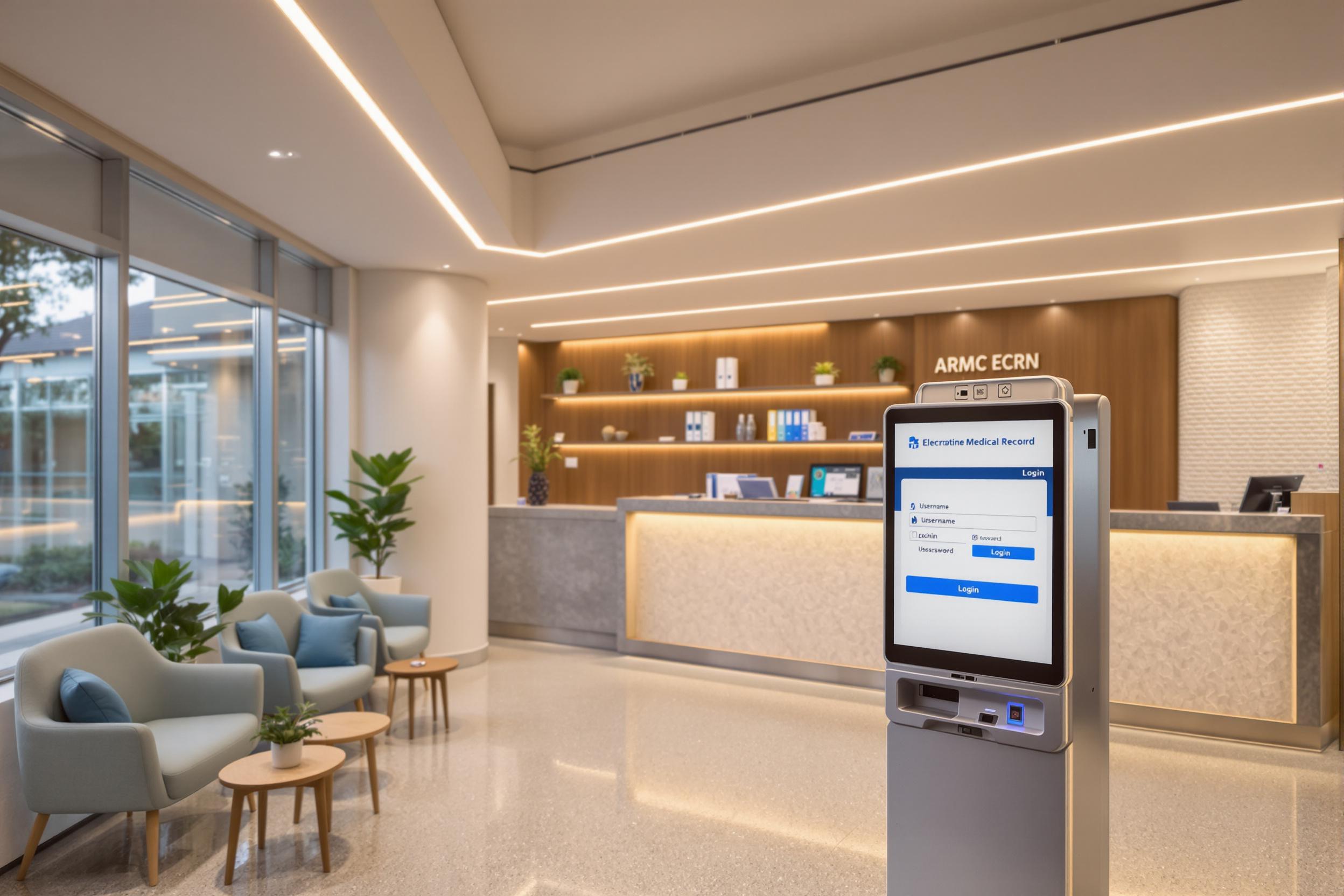
Sarah's recovery was going well until she switched counselors. Her new therapist didn't know about her anxiety medication changes. The psychiatrist wasn't aware of her recent family crisis. Three weeks later, Sarah relapsed. Studies show up to 85% of individuals relapse within a year of leaving treatment. Fragmented care systems for mental health and substance use disorders create dangerous gaps in treatment delivery. Patient records scatter across different departments. Therapists can't access medical histories. Billing teams work with incomplete information. Care coordinators struggle to track progress across multiple providers. Effective SUD care coordination is hindered by misaligned incentives and lack of standardization. This fragmentation creates gaps that can derail recovery efforts.
Substance abuse EMR software changes this reality. It creates a unified system where every team member accesses the same patient information in real-time. Treatment becomes coordinated, tracking becomes accurate, and outcomes improve measurably.
Substance abuse EMR software unifies clinical, compliance and outcome data—enabling coordinated care, precise tracking and proactive relapse prevention with Lightning Step's all-in-one platform. Unlike generic medical records, these systems understand the unique needs of behavioral health providers.
Under-detection is endemic: SUD diagnoses appear in only 0.9% of general practice visits, highlighting the critical need for specialized systems that can properly identify and track substance use disorders.
The transformation happens through three key areas: coordinating care among multiple providers, tracking treatment progress with precision, and monitoring long-term outcomes to prevent relapse. Lightning Step exemplifies this approach by integrating all aspects of addiction treatment into one comprehensive system.
Before EMR systems, addiction treatment suffered from information silos. Counselors maintained separate files from medical staff. Psychiatrists worked without knowing therapy progress. Case managers couldn't access complete treatment histories.
EMR software centralizes all patient information in one accessible location. Medical histories, therapy notes, medication records, and treatment plans become available to authorized staff instantly. This eliminates the delays and miscommunication that previously hampered treatment.
Lightning Step takes coordination further by offering real-time data sharing across departments. When a counselor updates a treatment plan, the medical team sees changes immediately. User permissions ensure only appropriate staff access sensitive information while maintaining comprehensive care visibility. Lightning Step also unifies CRM and RCM for a single-login, end-to-end workflow.
If someone shows signs of relapse risk, all providers know immediately and can adjust treatment accordingly.
Accurate tracking is essential in addiction treatment. Research shows that monitoring withdrawal symptoms, medication adherence, and therapy participation directly impacts treatment success.
EMR software replaces handwritten notes with standardized electronic forms. This standardization reduces errors and ensures consistent documentation across all staff members. Automated reminders help patients stay on track with medications and appointments. EHRs are highly effective in tracking patient adherence by monitoring medication schedules, flagging missed doses, and sending automated reminders.
Lightning Step's tracking capabilities include built-in compliance checks that flag missed appointments or medication gaps. Electronic signatures create audit trails for accountability. The system automatically generates progress reports, saving staff time while improving accuracy.
Treatment centers can track multiple metrics simultaneously: attendance rates, medication compliance, therapy participation, and behavioral indicators. This comprehensive tracking helps identify patterns that might predict relapse or treatment success.
Long-term recovery requires ongoing monitoring. Studies indicate that 40-60% of individuals in recovery experience relapse, making continuous monitoring essential for sustained success. EMR platforms enable measurement-based care to track patient progress in real time and adjust plans dynamically.
EMR systems provide powerful reporting tools that track patient outcomes over months and years. Customizable dashboards show trends in patient progress. Automated alerts notify staff when patients show concerning patterns. EMR data consolidation also uncovers relapse risk factors over time by examining historical patterns and trends.
Lightning Step's analytics module goes beyond basic reporting. It identifies factors that predict successful outcomes and flags patients at higher relapse risk. Treatment centers can use this data to adjust interventions proactively rather than reactively.
The system tracks outcomes across multiple dimensions: sobriety duration, employment status, housing stability, and family relationships. This comprehensive view helps providers understand which interventions work best for different patient populations.
Serenity Recovery Center struggled with fragmented care before implementing substance abuse EMR software. Their counselors, medical staff, and case managers used different systems. Patient information lived in multiple locations, creating communication gaps.
The center implemented Lightning Step's integrated platform in phases. First, they migrated patient records to the centralized system. Then they trained staff on the unified workflows. Finally, they activated the analytics and reporting features.
Results appeared quickly. Inter-departmental communication improved dramatically. Staff could access complete patient histories instantly. The center reported a 20% reduction in patient relapses within six months. Administrative tasks that previously took hours now completed in minutes.
Their care felt more coordinated. Providers knew their full history without repetitive questioning. Treatment plans reflected input from all team members.
Selecting EMR software requires careful consideration. Look for systems that offer interoperability with other healthcare providers. Ensure the interface is intuitive for staff with varying technical skills. Verify compliance with HIPAA and SAMHSA requirements. Ensure your EMR supports SAMHSA's 42 CFR Part 2 requirements for SUD privacy.
Ask potential vendors specific questions: How does data migration work? What training and support do you provide? Can the system customize workflows for our specific needs? How does reporting work across different user roles?
Look for specialized group-therapy documentation and long-term outcome tracking tools that address the unique needs of addiction treatment facilities.
Lightning Step specializes in addiction treatment, understanding the unique challenges these facilities face. The platform scales from small practices to large treatment centers. The Lightning Step team provides dedicated support throughout implementation and beyond.
The right EMR system becomes a partner in patient care, not just a documentation tool. It should simplify workflows while improving treatment outcomes.
Ready to see how coordinated care and real-time data can cut relapses and streamline workflows? Request your Lightning Step demo today.



